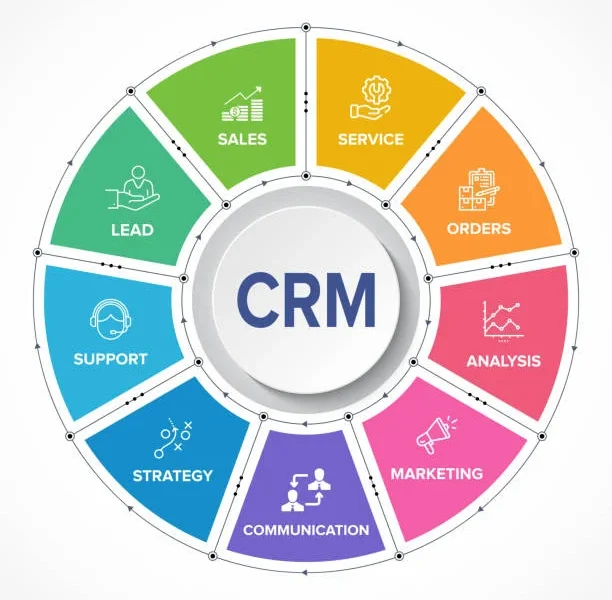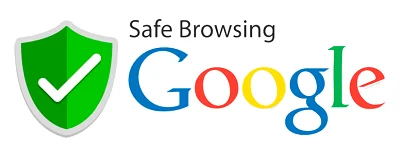In the era of digital transformation, having a robust customer relationship management (CRM) software has become imperative for businesses of all sizes. A CRM not only empowers businesses to manage their customer interactions effectively but also helps them align their sales, marketing, and customer support efforts for optimal results.
Choosing the right CRM can be a daunting task, given the plethora of options available in the market. To unravel the complexity of this decision-making process, this article will guide you through the key considerations you need to make when selecting the best CRM software for your business. From evaluating your business needs to assessing the features and functionalities of different platforms, we will provide you with a comprehensive roadmap to making an informed choice.
Choosing the Right CRM Software for Your Business
Define Your Needs and Requirements
Before you start evaluating different CRM systems, it’s important to know what you need from one. Consider your business goals, target audience, and specific requirements.
Questions to consider:
What are your key business processes?
What data do you need to track and manage?
What level of automation do you require?
How many users will be using the CRM?
What is your budget?
| Question | Example Answer |
|---|---|
| What are your key business processes? | Lead generation, sales pipeline management, customer service, marketing automation. |
| What data do you need to track and manage? | Customer contacts, sales opportunities, marketing campaigns, support tickets. |
| What level of automation do you require? | Automated email marketing, lead scoring, task reminders, workflow management. |
| How many users will be using the CRM? | Small team (5-10 users), medium-sized team (10-50 users), large enterprise (50+ users). |
| What is your budget? | Free, affordable, enterprise-level pricing. |
Research and Compare Different CRM Systems
Once you have a clear understanding of your needs, you can start researching different CRM systems. Read reviews, compare features, and consider the pros and cons of each option.
Factors to consider:
Features: Does the CRM offer the features you need, such as contact management, sales automation, marketing automation, customer support, and reporting?
Ease of use: Is the CRM easy to navigate and use, even for users who are not tech-savvy?
Integration: Does the CRM integrate with your existing software applications, such as email marketing, accounting, and social media?
Scalability: Can the CRM grow with your business as your needs change?
Support: Does the CRM provider offer reliable customer support?
| Factor | Example Comparison |
|---|---|
| Features | CRM A offers advanced marketing automation features, while CRM B focuses on sales automation. |
| Ease of use | CRM A has a user-friendly interface, while CRM B requires more training. |
| Integration | CRM A integrates with popular email marketing platforms, while CRM B has limited integration options. |
| Scalability | CRM A can handle a large number of users and data, while CRM B is better suited for smaller businesses. |
| Support | CRM A offers 24/7 customer support, while CRM B has limited support hours. |
Trial and Evaluate the CRM
Before making a final decision, it’s important to test drive the CRM system. Most providers offer free trials or demos.
Tips for evaluation:
Use the CRM for a realistic period: This will give you a good understanding of how it works in your day-to-day operations.
Involve your team: Get feedback from your sales, marketing, and customer support teams.
Test key features: Ensure the CRM meets your specific requirements.
Consider the user experience: Is it easy to navigate and use?
Assess the customer support: Is it responsive and helpful?
Find the Perfect CRM Match: A Guide to Choosing the Right Software for Your Needs
1. Define Your Business Goals and Requirements
Before you start researching CRM software, it’s crucial to define your business goals and requirements. What are you hoping to achieve with a CRM? Are you looking to improve customer retention, streamline sales processes, or better manage marketing campaigns? Understanding your needs will help you narrow down your options and choose a system that aligns with your objectives.
2. Assess Your Budget and Team’s Capabilities
CRM software comes in a wide range of price points, with different features and functionalities. Consider your budget and the size of your team when making your decision. You don’t want to overspend on a system with advanced features you won’t use, and you need to ensure that your team has the technical skills and resources to implement and use the software effectively.
3. Research and Compare Different CRM Options
Once you have a clear understanding of your needs, you can start researching and comparing different CRM options. Look at reviews and testimonials from other businesses to get an idea of the pros and cons of each system. Pay attention to features, integrations, and pricing to find the best fit for your business.
4. Consider Scalability and Future Growth
Choose a CRM system that can grow with your business. As your company expands, your needs will evolve, and your CRM software should be able to accommodate these changes. Look for a system with scalability options, such as multiple user licenses, customizable workflows, and advanced reporting capabilities.
5. Evaluate Ease of Use and User Experience
A CRM system should be easy to use and navigate. Choose a software with a user-friendly interface, intuitive features, and comprehensive training resources. The easier your team finds the CRM to use, the more likely they are to adopt it and maximize its benefits.
Frequent questions
What is CRM software and why do I need it?
CRM software stands for Customer Relationship Management software. It is a type of software that helps businesses manage and improve their interactions with their customers. This can include everything from tracking customer interactions and data to automating marketing campaigns and sales processes.
In today’s competitive business landscape, it is crucial for businesses to have a strong understanding of their customers and how to best serve them. CRM software can provide valuable insights into customer behavior, preferences, and needs. By leveraging this data, businesses can tailor their marketing efforts, improve customer service, and ultimately increase sales and customer loyalty.
What are the key features to look for in CRM software?
When choosing CRM software, there are several key features to consider:
Contact Management: This feature allows businesses to store and manage customer information, such as contact details, purchase history, and communication preferences.
Sales Automation: This feature streamlines the sales process by automating tasks such as lead qualification, opportunity management, and quote generation.
Marketing Automation: This feature enables businesses to automate marketing campaigns, such as email marketing, social media marketing, and lead nurturing.
Customer Service: This feature helps businesses manage customer support inquiries, track customer issues, and provide timely resolutions.
Reporting and Analytics: This feature provides businesses with insights into customer behavior, sales performance, and marketing effectiveness.
Integrations: This feature allows businesses to integrate their CRM software with other business applications, such as accounting software, email marketing platforms, and social media tools.
How do I choose the right CRM software for my business?
Choosing the right CRM software for your business can be a challenging task, but it is essential for success. Here are some key factors to consider:
Your business needs: What are your specific goals for using a CRM? What features are most important to you?
Your budget: How much are you willing to spend on CRM software?
Your team’s technical skills: How comfortable is your team with using CRM software?
Scalability: Can the CRM software grow with your business as you add more customers and employees?
Customer support: Does the vendor offer adequate customer support?
What are some of the best CRM software options available?
There are many different CRM software options available on the market. Some of the most popular and highly-rated options include:
Salesforce: Salesforce is a leading CRM platform known for its comprehensive features, scalability, and robust customer support.
HubSpot: HubSpot is a popular CRM for small and medium-sized businesses, offering a free version and a suite of marketing and sales tools.
Microsoft Dynamics 365: Microsoft Dynamics 365 is a powerful CRM platform that integrates well with other Microsoft products.
Zoho CRM: Zoho CRM is a comprehensive CRM platform that offers a wide range of features at a competitive price.
Pipedrive: Pipedrive is a CRM specifically designed for sales teams, known for its intuitive interface and focus on pipeline management.
Choosing the right CRM software is a crucial decision for any business. By carefully considering your needs, budget, and team capabilities, you can find the CRM that will help you achieve your business goals.

